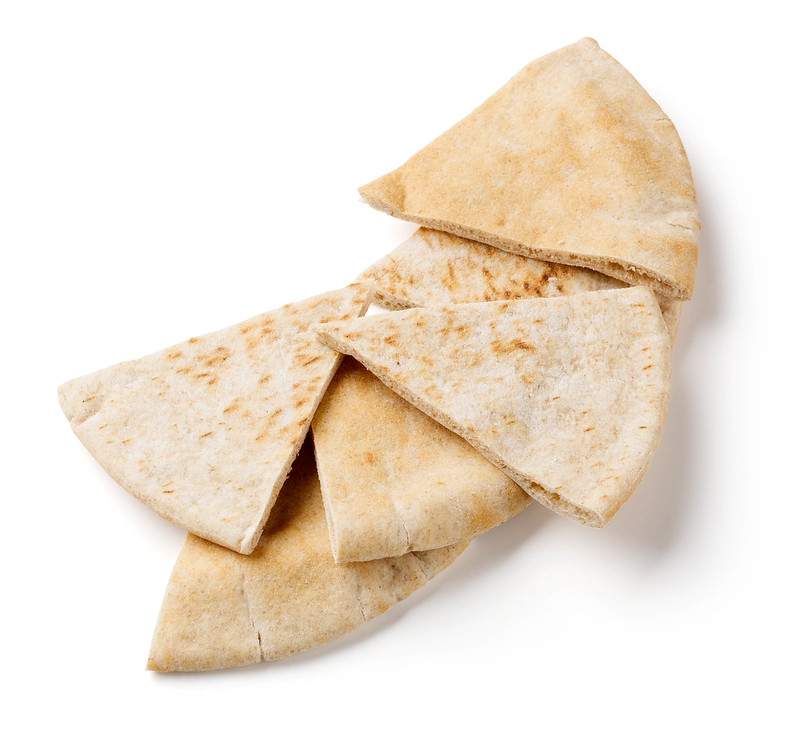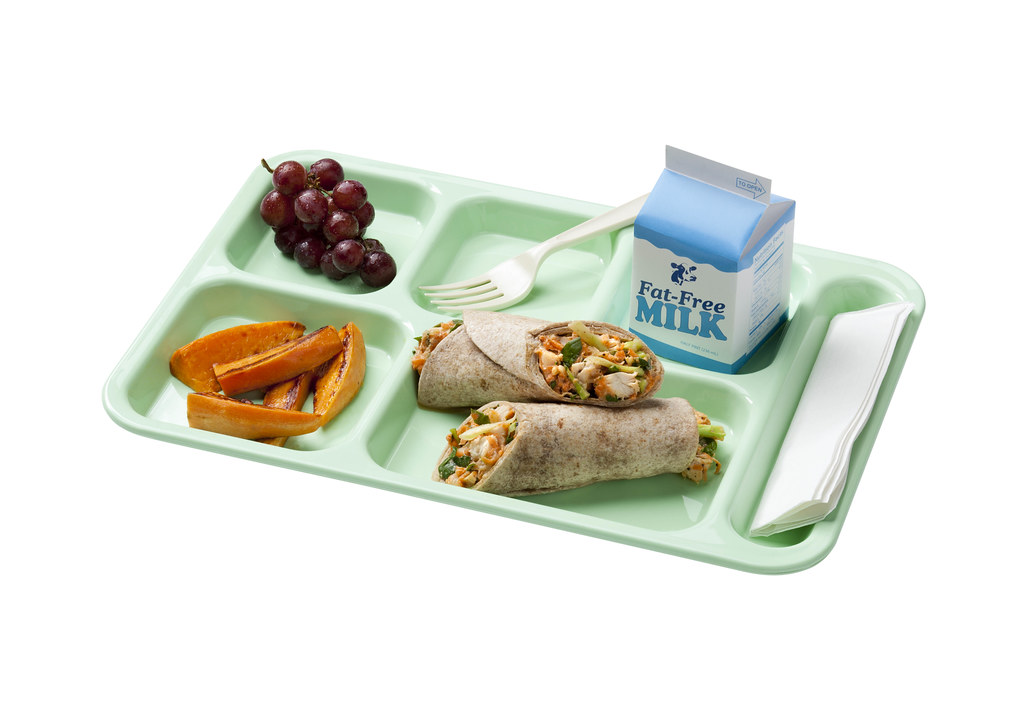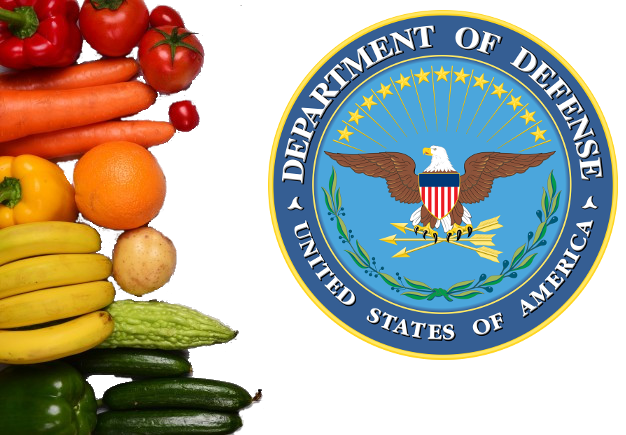
This 8-hour course was created with funding from the United States Department of Agriculture's Fiscal Year 2022 Team Nutrition Grant. This course includes 8 hours of training translated to Hakha Chin for frontline staff on meal service operations for the School Nutrition Programs.
- Teacher: Allie Caito
- Teacher: Gretchen Huntzer

Este curso de 8 horas se creó con fondos de la Beca de Nutrición para Equipos del Año Fiscal 2022 del Departamento de Agricultura de los Estados Unidos. Este curso incluye 8 horas de capacitación traducidas al español para el personal de primera línea en las operaciones de servicio de comidas para los Programas de Nutrición Escolar.
- Teacher: Allie Caito
- Teacher: Gretchen Huntzer

This 8-hour course was created with funding from the United States Department of Agriculture's Fiscal Year 2022 Team Nutrition Grant. This course includes 8 hours of training for frontline staff on meal service operations for the School Nutrition Programs.
- Teacher: Allie Caito
- Teacher: Gretchen Huntzer

This 40 hour course was created with funding from the United States Department of Agriculture's Fiscal Year 2022 Team Nutrition Grant. This course includes training for Food Service Directors and School Nutrition Managers on meal patterns and meal service operations for the School Nutrition Programs.
- Teacher: Allie Caito
- Teacher: Gretchen Huntzer

- Teacher: Allie Caito
- Teacher: Gretchen Huntzer

- Teacher: Allie Caito
- Teacher: Gretchen Huntzer

- Teacher: Allie Caito
- Teacher: Suzette Hartmann
- Teacher: Gretchen Huntzer

- Teacher: Allie Caito
- Teacher: Gretchen Huntzer

In order to ensure that the items served to students meet the meal pattern requirements, sponsors must figure out how these items count and contribute, or "credit", toward the different meal components. Crediting is the only way to ensure that students are consuming the most nutritious food in the correct quantities in order to obtain necessary nutrients for their health and development. Because of this, only creditable items count toward the meal pattern components to make up a reimbursable meal. If crediting is not correctly applied, then meals may be missing necessary nutrients, components could be considered incomplete, and meals would not be reimbursable.
- Teacher: Allie Caito
- Teacher: Gretchen Huntzer

We are currently updating these courses. Please reach out to Gretchen Huntzer, ghuntzer@doe.in.gov, with questions.
- Teacher: Allie Caito
- Teacher: Gretchen Huntzer

- Teacher: Allie Caito
- Teacher: Gretchen Huntzer

In order to ensure that the items served to students meet the meal pattern requirements, sponsors must figure out how these items count and contribute, or "credit", toward the different meal components. Crediting is the only way to ensure that students are consuming the most nutritious food in the correct quantities in order to obtain necessary nutrients for their health and development. Because of this, only creditable items count toward the meal pattern components to make up a reimbursable meal. If crediting is not correctly applied, then meals may be missing necessary nutrients, components could be considered incomplete, and meals would not be reimbursable.

- Teacher: Allie Caito
- Teacher: Gretchen Huntzer

- Teacher: Allie Caito
- Teacher: Gretchen Huntzer

- Teacher: Allie Caito
- Teacher: Gretchen Huntzer

- Teacher: Allie Caito
- Teacher: Gretchen Huntzer

- Teacher: Allie Caito
- Teacher: Gretchen Huntzer

- Teacher: Allie Caito
- Teacher: Gretchen Huntzer

